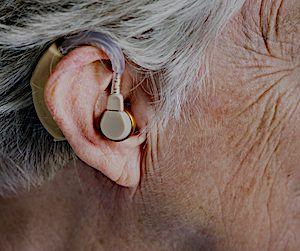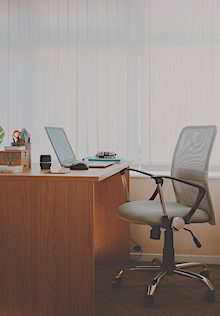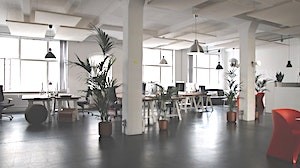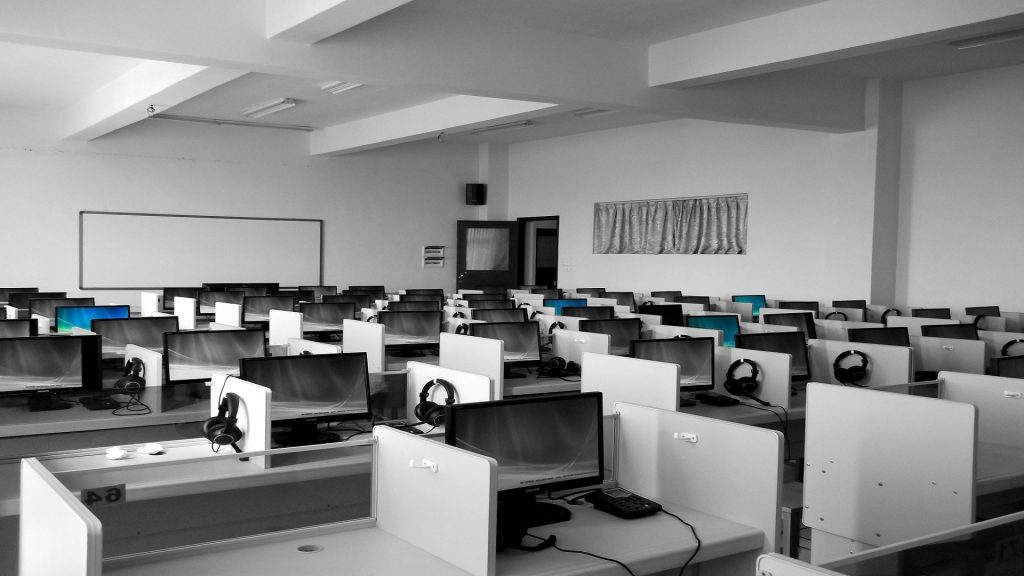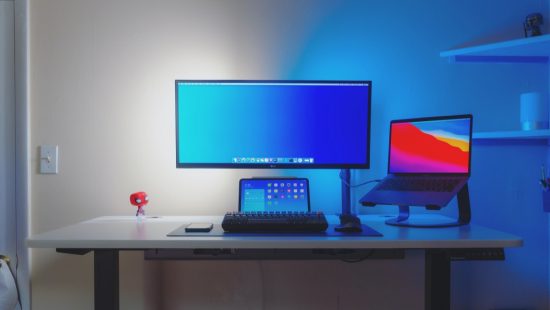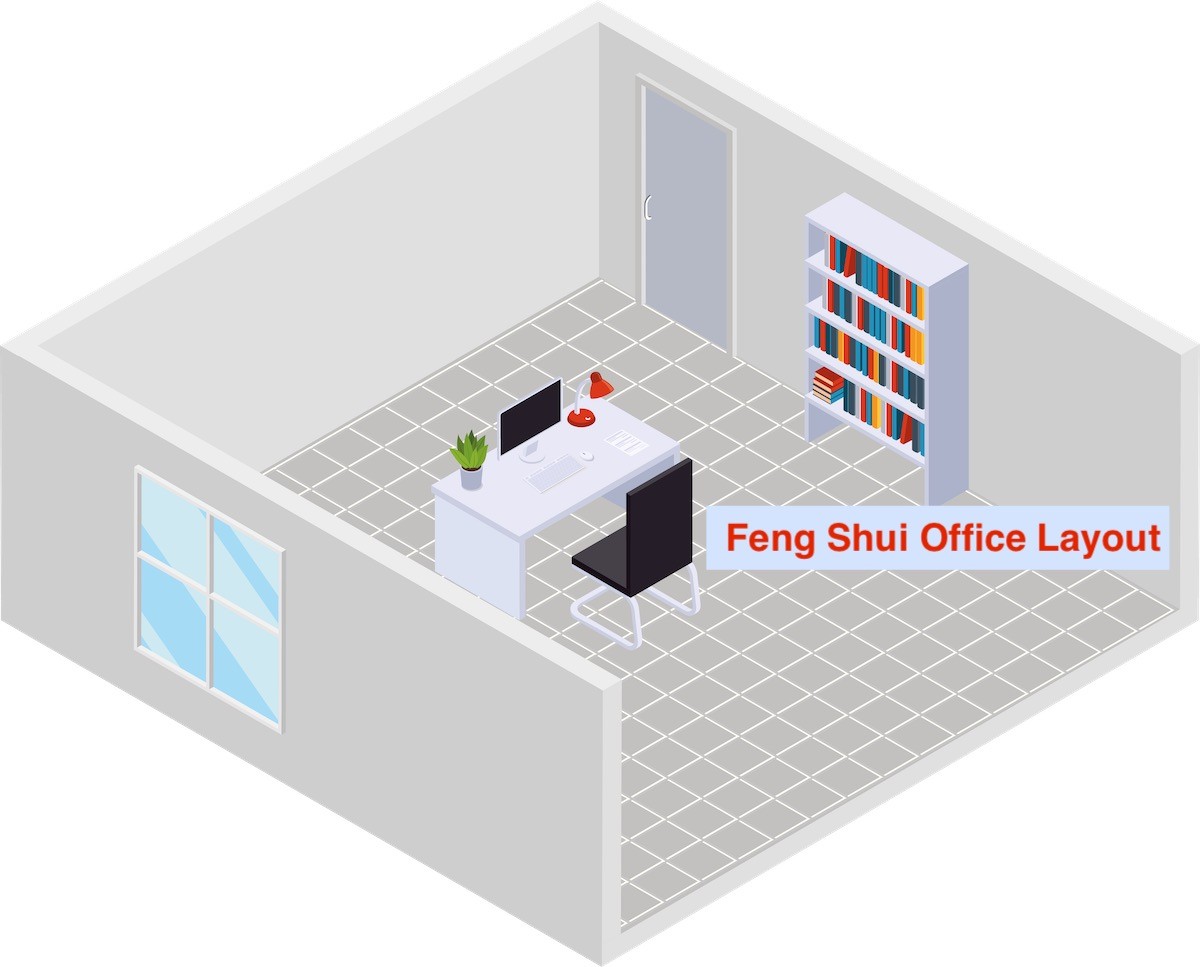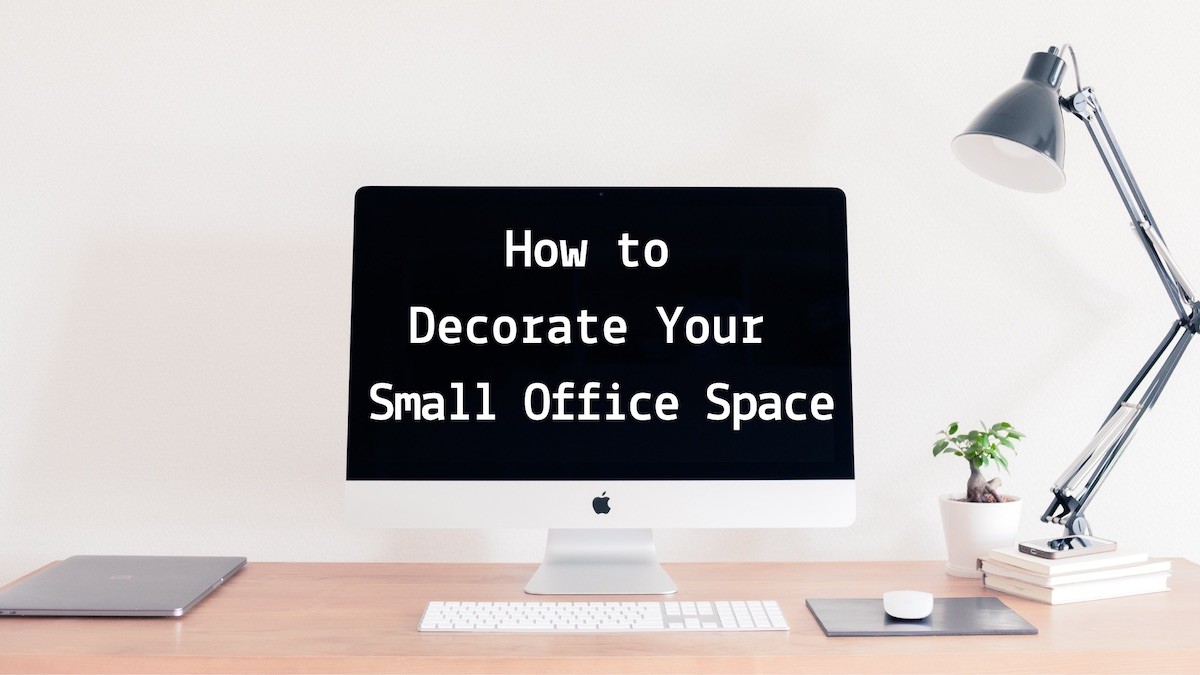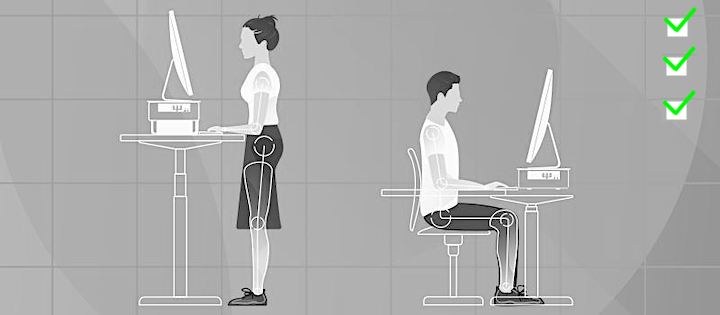Noise is a common complaint raised by employees in corporate office settings. In fact, surveys have shown that employees care more about interior acoustics than cleanliness, office furniture, and temperature. But health effects from noise can be serious.
This is especially true in open concept offices where employees are all working in a large space with little to no separation. A busy, noisy workplace constantly filled with activity can be distracting and can significantly impact productivity. That said, a noisy workplace is more than just an annoyance; several studies have shown that noise in the office can also impact stress, while lowering job satisfaction and employee morale.
Productivity
Page Contents
Employees may be up to 66% less productive when within earshot to a nearby conversation, which is the most destructive sound of all. A study in the British Journal of Psychology found that background noise is a productivity killer, whether you’re reading or writing.
Stress
Noises can trigger physiologic stress responses in our bodies, including spikes in blood pressure and heart rate. Even the sounds that office workers are used to, such as phone rings and conversations, can impact the rhythm and rate of our hearts. Research shows that even intermittent bursts of loud noises can lead to hypertension and higher long-term hormone levels.
Damage to Hearing
Many people know that continuous exposure to noise can cause harm to the body. Noise around 85 decibels (dBA) – like lawn mowers, vacuums, printing presses, or wearing headphones with the volume set around 70% – can damage your hearing after repeated exposure lasting 8 hours or more.
Lack of Privacy
A study published in 2013 by the University of Sydney found that lack of sound privacy was the number one biggest frustration for employees. Hearing one another’s phone calls and conversations can be distracting and, in some situations, can feel like a breach of privacy.
Cost to Business
The World Health Organization (WHO) estimates the annual cost of excessive noise levels is £30 billion in Europe. This figure includes healthcare costs, lost working days, and reduced productivity. You may be wondering why they included sick days in that figure, but the fact is that workers in open-plan offices take 70% more sick days than home workers.
If you or your employees are experiencing the negative effects of noise in the workplace, it may be time to consider the following solutions to reduce noise.
Tips for Reducing Noise in the Workplace
1. Noise Friendly Flooring
Hard flooring, such as natural wood, porcelain, and ceramic, can cause a massive amount of noise pollution in the workplace. Carpet is the ideal flooring solution for noise reduction, but vinyl flooring is also a versatile alternative that is easy to maintain and comes in a range of design options. Vinyl flooring itself has sound absorption qualities, but to ensure it’s effective, consider adding a rubber underlayment to provide additional IIC (Impact Insulation Class, a sound-testing method) values.
2. Noise Canceling Headphones
Redesigning your office space may not be realistic, but you can still reduce the noise around you in a couple small ways. The easiest ways to do so is to purchase high-quality noise canceling headphones. Here are our favorites:
When it comes to noise cancelling headphones, Sony WH-1000XM3 are the best in the world two years I a row. These headphones are so good at canceling noise that you can wear them while vacuuming and will hardly be able to hear the motor. These headphones are also great for listening to music and will pair with your phone wirelessly. They also work with Google Assistant and Alexa Support, making them the smartest headphones on the market.
Coming in at number two are the Bose QuietComfort 35 II, which are great for noise cancelation, sound quality and comfort. They also work with Google Assistant, making them great for travel and commuting.
The Sennheiser PXC 550 Wireless has noise canceling technology that is just as effective as it’s counterpart from Bose, but with a more musical sonic ability. These headphones are also more affordable and easier to travel with, as they’re very lightweight. These wireless headphones will help you stay productive all day long.
3. Dedicated Quiet Space
It can be nice to find a quiet place in your office where you can work in peace and quiet. Empty conference rooms can maker for mini workplace sanctuaries, but some companies create designated quiet spaces within their office layout. Quiet rooms have become increasingly popular in North America, so much so that a Michigan furniture maker designed a glass-encased, 100% soundproof office cube.
4. Plants, Plants and More Plants
Botanists, rejoice! Plants provide more than just some pretty décor. While they do tend to brighten up any space, well-placed plants are also able to reduce noise levels in an open office setting. However, not just any plant will do. Larger plants will have the biggest impact, and will also help to increase the air quality in your office. Whether it’s a plant by your desk or a large live green wall, plants will keep your office looking fresh and sounding a little quieter.
Psychological health effects from noise include depression and anxiety. Individuals who have hearing loss, including noise induced hearing loss, may have their symptoms alleviated with the use of hearing aids. Individuals who do not seek treatment for their loss are 50% more likely to have depression than their aided peers. These psychological effects can lead to detriments in physical care in the form of reduced self-care, work-tolerance, and increased isolation.
Although the new Environmental Noise Guidelines were prepared for Europe, they are suitable for worldwide use. They provide useful information for policymakers in local and central governments about the potential health effects from noise in their populations and should shape interventions to reduce noise and improve health.
5. Switch Up Your Office Layout
Health effects from noise can be reduced by changing up the overall layout. For example, desks that are clumped together help to compartmentalize the noise. This is especially true when groups of desks are separated by sound-friendly furniture and wall partitions. For an even simpler solution, noisier office equipment like printers and fax machines can be used as room dividers to separate groups of employees.
There is another device which can help you to reduce the noise: office noise cancelling machine.
If you're building a home office, read the article: must haves for home office setups.



